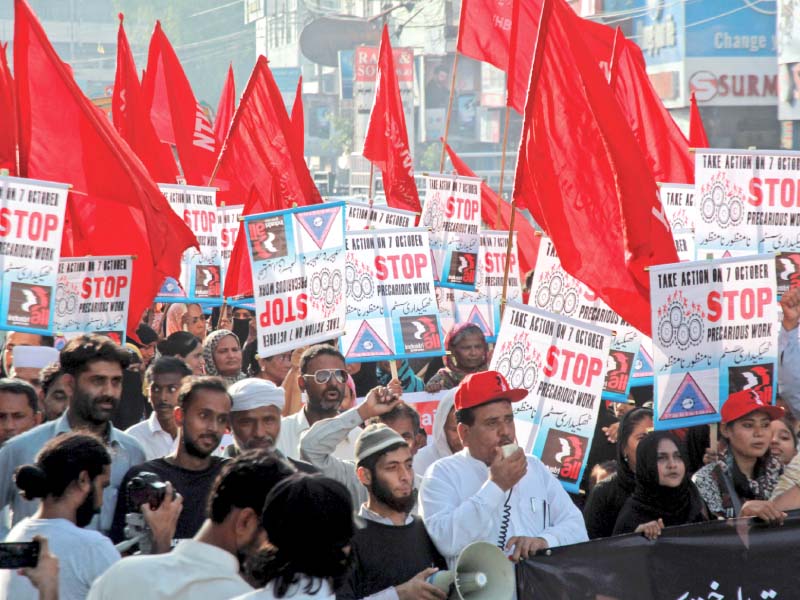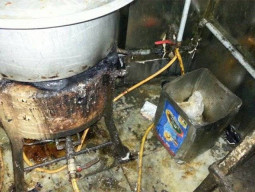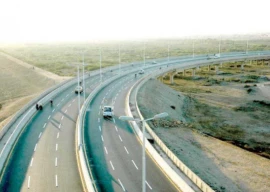
The demonstration was held at Regal Chowk, followed by a rally which culminated at Karachi Press Club. The protest was held to mark the World Day for Decent Work, celebrated across the globe on October 7, on which IndustraiALL Global Union called all affiliates to mobilise members and join the global fight to stop precarious work.
“More than 90% of labourers do not even know their rights and laws in this country,” said National Trade Union Federation’s information secretary Mushtaq Ali Shan, adding that only 1.5% labourers are affiliated with trade unions. “Workers should be given the rights [which are listed in employment letters] to secure their jobs.”
The protesters demanded that unsafe and uncertain conditions should be rectified, health and safety laws should be passed and labour inspection system should be implemented. “Third party contract system should be abolished,” said Shan, adding that all the workers should be given appointment letters and rights to collective bargaining.
The rally stands against industrial incidents involving labourers deaths and third-party contract systems, said home based women workers federation’s general-secretary, Zehra Khan. She also added that the women who work more than men in their houses are not considered as labourers.
Plight of HBWs
Khan, who was representing HBWs, drew attention to their plight and said that these women are not considered as formal labour because they work in their homes.
“They are the cheapest form of labour and none of them actually know their employers because they work on third party basis,” she said, adding that there is also no minimum wage for HBWs.
Informing about the policy for HBWs, Khan said that a policy was presented to the chief minster three years ago but he has yet to sign it. Things will become better as soon as the policy will be signed after which social security, minimum wage and work agreement will be made, she added.
Thirty-three year old, Saira Feroze, who is working as a HBW since she was six-years-old was also among the demonstrators. “We are paid very less by the employers, I get Rs35 to Rs40 for cutting and stitching a dozen frocks which includes designing and frill,” she remarked.
Workers such as Feroze cannot stop working even if they are ill as they fear that their jobs will be given to someone else and they will be left without work. “Our work is not fixed, sometimes we do not have work for months,” she pointed out.
Afroza Khatoon, who was wearing a red cap, spoke about her grievances. She said that she usually stitches 48 dozen trousers in four days and is paid Rs15 per dozen. Her wage excludes the travel expense for delivery. “My employer usually pays me about four to five months late and never helps us when we need money,” she added.
Shan also said that HBWs should be brought into the legal net through legislation so that they are entitled to benefits which are enjoyed by other labourers.
Published in The Express Tribune, October 8th, 2016.

















COMMENTS
Comments are moderated and generally will be posted if they are on-topic and not abusive.
For more information, please see our Comments FAQ